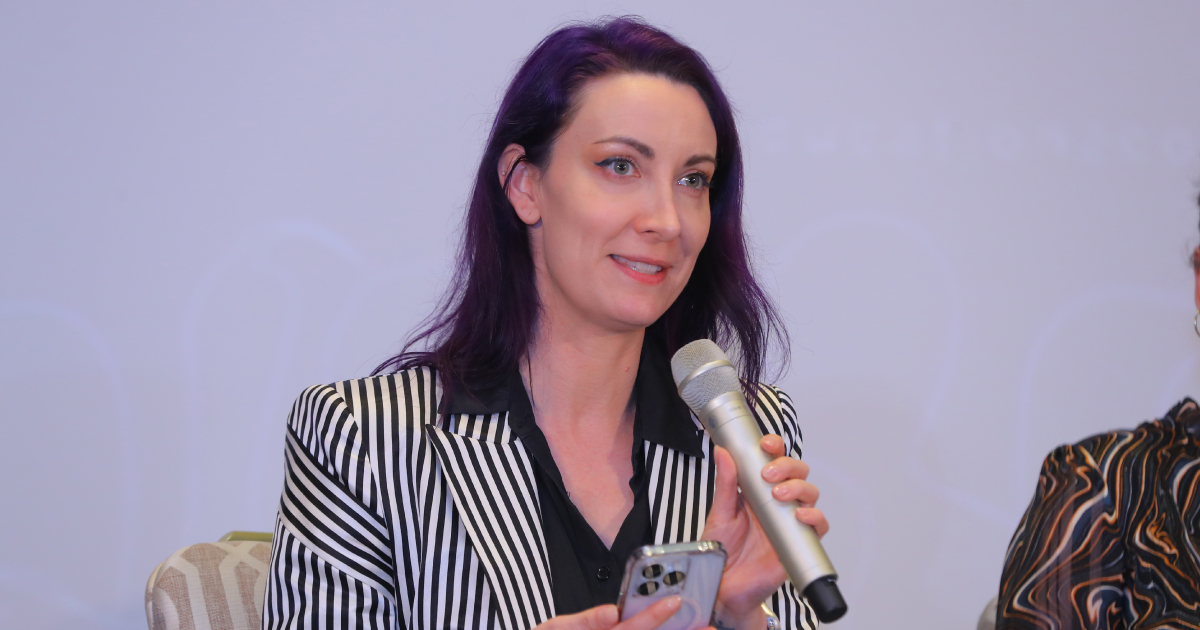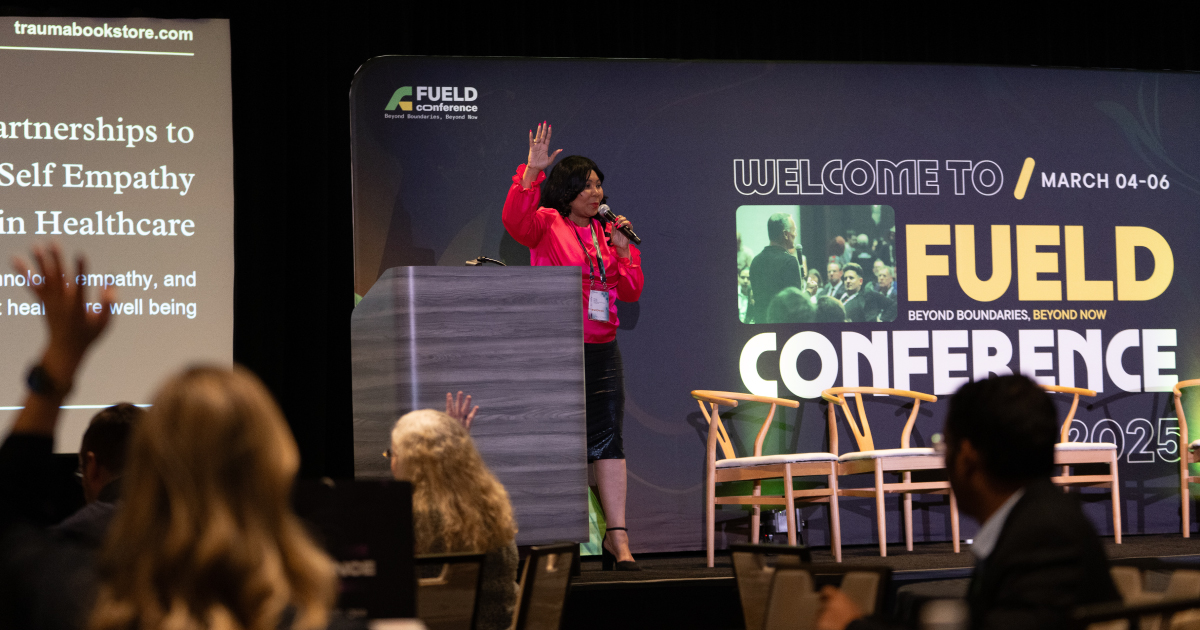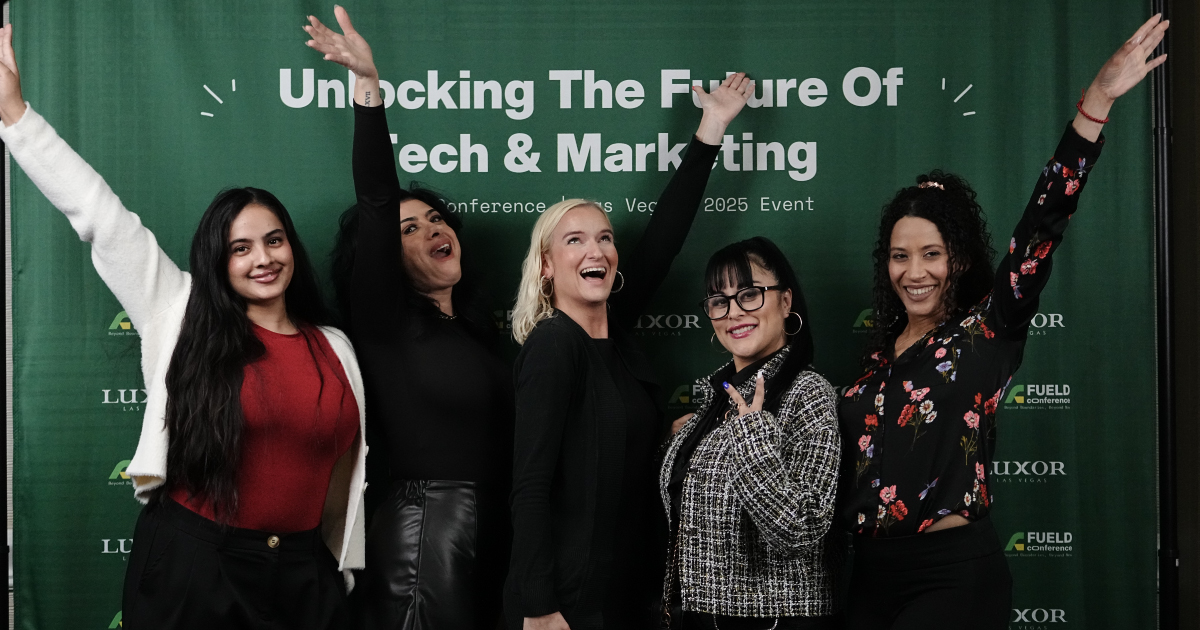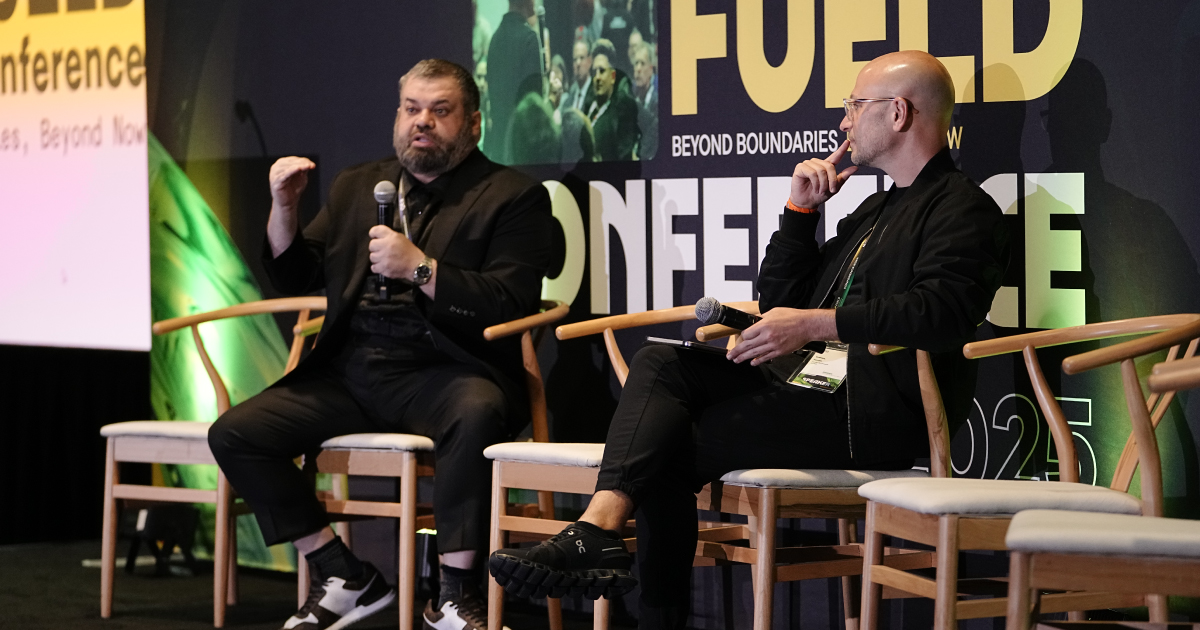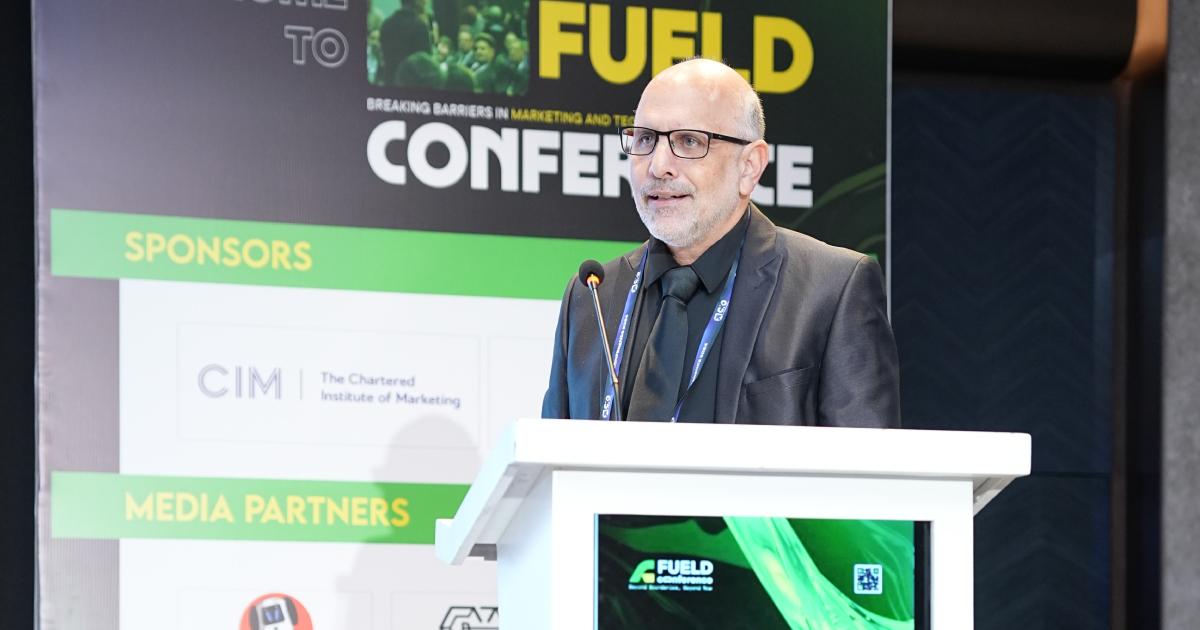Posted on : November 13, 2024

Technology is changing the game in every field, and marketing is at the forefront. Traditional marketing methods, once the cornerstone of brand communication, are being revolutionized by new technologies that enable deeper connections, more personalized experiences, and data-driven decision-making.
In this blog, we will explore insights shared by the experts of the upcoming FUELD Conference on how tech innovations are redefining traditional marketing and reshaping the way brands engage with their audiences.
The Shift From Mass Marketing To Personalization
Traditional marketing often relied on mass communication methods like TV, radio, and print ads, reaching broad audiences with generalized messages. However, with the rise of technology highlighted at platforms like IT Conferences in Las Vegas, brands are now leveraging hyper-personalized marketing, allowing them to customize their messages to individual preferences and behaviors.
Data Analytics And AI: Advanced data analytics tools and AI algorithms help marketers understand customer behavior in real-time, creating personalized experiences that resonate. By analyzing extensive data, brands can foresee trends, refine campaigns, and deliver personalized content that caters to consumer needs.
Customer Segmentation: Segmentation tools powered by machine learning can group customers based on specific characteristics, behaviors, or past interactions. This allows marketers to craft targeted campaigns that improve engagement and conversion rates.
The Rise Of Digital Advertising And Programmatic Buying
Digital advertising has dramatically changed the marketing landscape, offering more precise targeting and efficient budget allocation. Unlike traditional methods, where ads were placed with little control over who would see them, digital advertising ensures that brands reach the right audience at the right time.
Programmatic Advertising: Programmatic advertising uses automated technology to buy and place ads in real-time. This process leverages data to determine the best placements and maximize ROI. Programmatic ads ensure that brands reach their ideal customers with relevant messaging, often without human intervention.

Source: Grand View Research
Social Media Targeting: Platforms like Facebook, Instagram, and LinkedIn allow marketers to target users based on demographics, interests, and online behavior. This level of precision was unimaginable with traditional marketing, enabling brands to interact directly with their target audience in a more meaningful way.
Augmented Reality (AR) & Virtual Reality (VR): AR and VR are changing the game by creating immersive experiences that engage customers in ways traditional marketing never could. These innovations dissolve the boundaries between digital and real-world experiences, allowing consumers to interact with products and brands on a whole new level.
- Virtual Try-Ons: Fashion and beauty brands use AR to offer virtual try-ons, letting customers see how a product looks on them before making a purchase. This technology improves the shopping experience while also minimizing the chances of returns.
- Virtual Tours and Demos: VR allows brands to offer virtual tours of their facilities or interactive product demos. Real estate companies, for instance, use VR to give potential buyers a tour of homes without stepping inside, making the buying process faster and more engaging.
Influencer Marketing: The New Word Of Mouth
Influencer marketing has become a dominant force in tech and marketing conferences, leveraging the power of social media personalities to build trust and credibility. While traditional marketing relied on celebrity endorsements, influencer marketing taps into the relatability and authenticity of everyday people with dedicated followings, making it a key trend at events like this.
- Micro-Influencers Vs. Macro-Influencers: Brands increasingly turn to micro-influencers—individuals with smaller but highly engaged audiences—because they often yield higher engagement rates and more connections compared to macro-influencers with millions of followers.
- User-Generated Content (UGC): Encouraging UGC allows brands to amplify their message organically. When customers share their product experiences, they become brand advocates, and their legitimate recommendations often carry more influence than traditional advertising.
Chatbots And Conversational Marketing: Always-On Customer Engagement
Chatbots and conversational marketing are redefining customer service and engagement. These technologies provide instant, personalized responses to customer inquiries, creating a seamless and interactive experience.
- 24/7 Availability: Unlike traditional customer service methods, chatbots are available round-the-clock, providing immediate assistance and guiding customers through the sales funnel, even outside business hours.
- Data Collection And Feedback: Chatbots also serve as a valuable source of customer data. They track user interactions, gather feedback, and identify pain points, helping brands refine their offerings and marketing strategies.

-
Blockchain: Enhancing Transparency & Trust
Blockchain technology is making its way into marketing, offering enhanced transparency and security that traditional methods lack. This innovation is especially relevant for the upcoming IT Conference in Las Vegas FUELD Conference, where industry experts will discuss how blockchain ensures that all parties involved in a transaction or ad campaign can verify the authenticity and accuracy of data.
- Ad Fraud Prevention: Blockchain helps prevent ad fraud by verifying the legitimacy of ad placements and clicks. Marketers can guarantee their advertisement's legit audience, not bots, and that their ad spend is being used effectively.
- Supply Chain Transparency: Blockchain provides complete transparency into the supply chain, enabling brands to prove the authenticity of their products. This is particularly valuable for industries like luxury goods, where counterfeiting is a significant concern.
Voice Search and Smart Assistants: The Future Of Search Marketing
Voice search is quickly emerging as a popular method for consumers to seek information. Smart assistants like Alexa, Google Assistant, and Siri are transforming the way brands optimize their content, necessitating a shift in traditional SEO strategies to accommodate voice-based queries.
- Conversational SEO: Marketers need to rethink their SEO strategies, focusing on natural language and question-based queries that align with how people speak. This shift ensures that brands remain visible in a world where voice search continues to grow.
- Voice Commerce: Voice assistants are facilitating a new type of commerce where users can order products or services with simple voice commands. Brands must optimize their presence for voice commerce to capture this growing market segment.
Conclusion: Embracing The Future Of Marketing
The integration of tech innovations into marketing strategies is not just a trend; It’s essential for brands aiming to remain competitive in the current digital environment. From AI-driven personalization to immersive AR experiences, technology is reshaping traditional marketing in ways that make it more efficient, targeted, and engaging. At the FUELD Conference, one of the tech and marketing conferences you’ll explore how these advancements are setting new standards in the industry.
By embracing these technological advancements, brands can create meaningful connections with their audiences, drive better results, and ultimately redefine the marketing landscape. The future of marketing is here, and it’s driven by innovation. Are you ready to be a part of it?
Frequently Asked Questions
Q1: How are AI-driven analytics transforming traditional marketing strategies?
A: AI-driven analytics provide deeper insights into consumer behavior, enabling precise targeting, personalization, and data-driven decisions in marketing.
Q2: What role does augmented reality (AR) play in redefining traditional marketing?
A: AR creates immersive experiences, like virtual try-ons, engaging consumers in dynamic ways and driving higher interaction with brands.
Q3: How is blockchain technology influencing marketing transparency and trust?
A: Blockchain enhances marketing transparency by verifying authenticity, reducing fraud, and building consumer trust through secure transactions.
Q4: How has the rise of voice search changed traditional marketing approaches?
A: Voice search shifts marketing towards optimizing content for conversational queries, making it easier for brands to connect with voice-assisted device users.
Q5. What can attendees expect to gain from the upcoming FUELD Conference?
A: Attendees can expect to gain valuable insights into the latest marketing and tech trends, learning directly from industry experts. The agenda is designed to provide actionable strategies, promote networking opportunities, and help enhance both career growth and business success.





